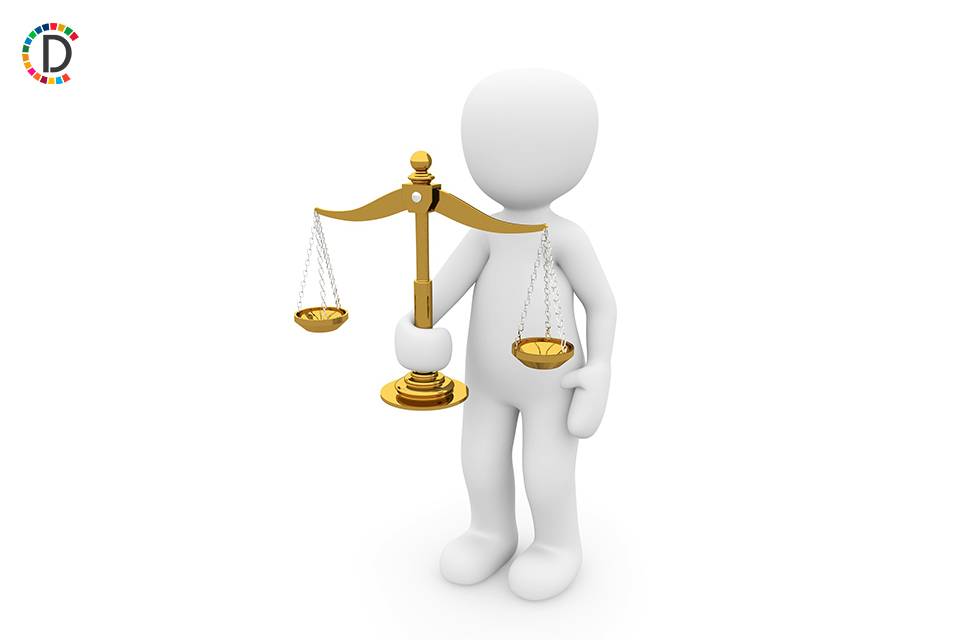Protest erupts in eastern Cuba amid blackouts, food shortages
Hundreds in Cuba's second-largest city, Santiago, took to the streets late Sunday in a rare public protest, according to social media and official reports, and Cuban President Miguel Diaz-Canel called for an "atmosphere of tranquility and peace." Protesters in Santiago chanted "power and food," according to videos posted on social media, as blackouts across much of the island's provinces extended for 18 hours or more a day. Tensions have soared in recent weeks on the Communist-run Caribbean island as food, fuel and medicine shortages have also grown more acute.

- Country:
- Cuba
Hundreds in Cuba's second-largest city, Santiago, took to the streets late Sunday in a rare public protest, according to social media and official reports, and Cuban President Miguel Diaz-Canel called for an "atmosphere of tranquility and peace." Protesters in Santiago chanted "power and food," according to videos posted on social media, as blackouts across much of the island's provinces extended for 18 hours or more a day.
Tensions have soared in recent weeks on the Communist-run Caribbean island as food, fuel and medicine shortages have also grown more acute. Diaz-Canel confirmed the protest on social media platform X, formerly known as Twitter.
"Several people have expressed their dissatisfaction with the situation of electrical service and food distribution," Diaz-Canel said. "The disposition of the authorities of the Party, the State and the Government is to attend to the complaints of our people, listen, dialogue, explain the numerous efforts that are being carried out to improve the situation, always in an atmosphere of tranquility and peace." Diaz-Canel also said "terrorists" from the United States were seeking to foment further uprisings.
"This context will be taken advantage of by the enemies of the Revolution, for destabilizing purposes," Diaz-Canel said on X. Police had arrived in Santiago to "prevent violence," according to an account posted on social media by state-run CubaDebate.
Protests in Cuba are exceedingly rare but have cropped up more often in recent years as economic crisis racks the island. Although the country's 2019 constitution grants Cubans the right to protest, a law more specifically defining that right is stalled in the legislature.
Rights groups, the European Union and the United States have critiqued Cuba's response to protests on July 11, 2021 - the largest since Fidel Castro's 1959 revolution - as heavy-handed and repressive. Cuba's government said those jailed were guilty of assault, vandalism and sedition.
(This story has not been edited by Devdiscourse staff and is auto-generated from a syndicated feed.)










